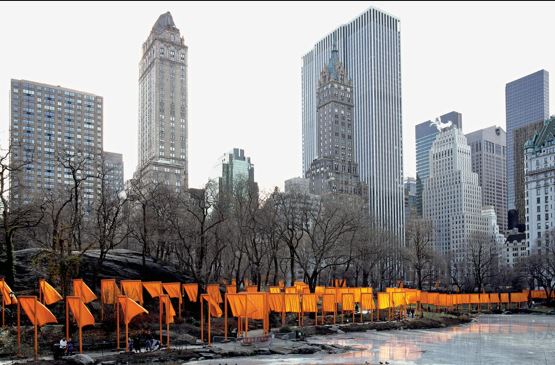Nicholas Murray Butler strikes again:
“The Age of Innocence (1920) won the 1921 Pulitzer Prize for literature,[59] making Wharton the first woman to win the award. The three fiction judges—literary critic Stuart Pratt Sherman, literature professor Robert Morss Lovett, and novelist Hamlin Garland—voted to give the prize to Sinclair Lewis for his satire Main Street, but Columbia University’s advisory board, led by conservative university president Nicholas Murray Butler, overturned their decision and awarded the prize to The Age of Innocence.[60] She was also nominated for the Nobel Prize in Literature in 1927, 1928 and 1930.” — Wikipedia
